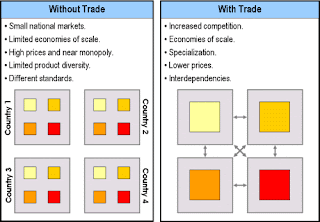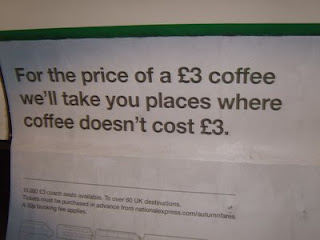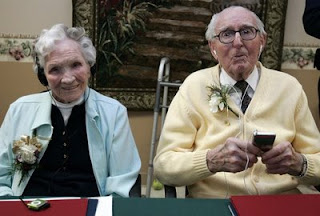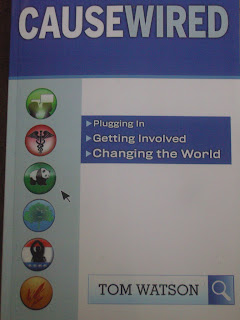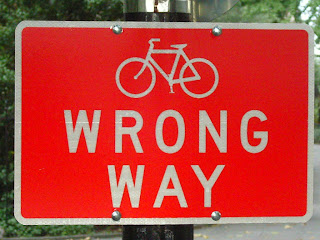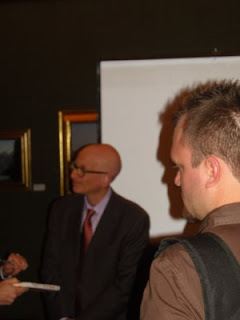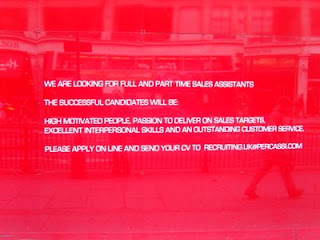The Year Of Thinking Dangerously.
And so we end the year as we started it, amazed that stuff like this gets made. Huge amounts of money spent on two of my pet hates - name changes and celebrity endorsement - tactics that pander to the egos of executives and agencies alike while doing little for genuine differentiation. Worse still, this is happening in insurance, that most commodified of industries that has focussed on price competition, that suffers from many complaints and that could still be something very different. It's a service that makes a huge impact at a time of high emotion and peril. What more could a business want in the way of attentive users and what better chance to make them passionate about you by acknowledging that insurance is, at heart, in the emergency service business? None of that will follow from unified group names or irrelevant celebrities and, as the You Tube comments show, people don't like the huge amount of money they're throwing at it in a time of economic downturn. It's...

